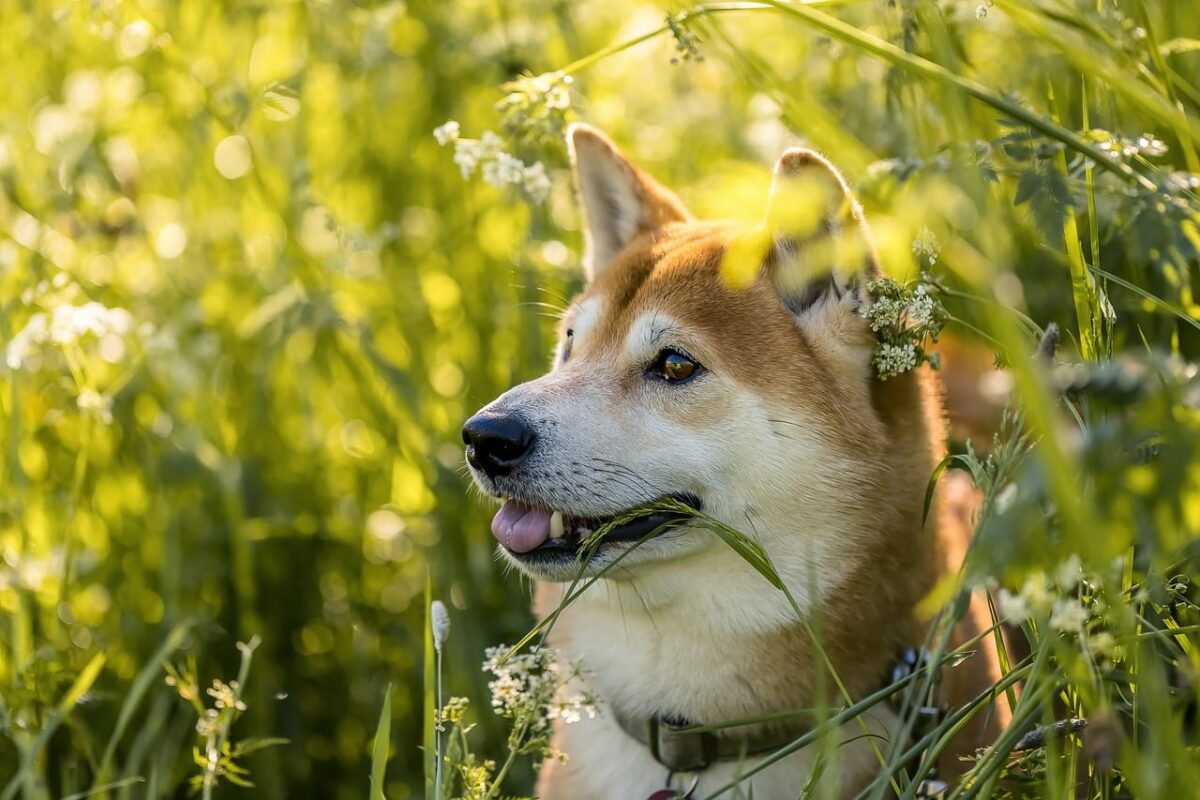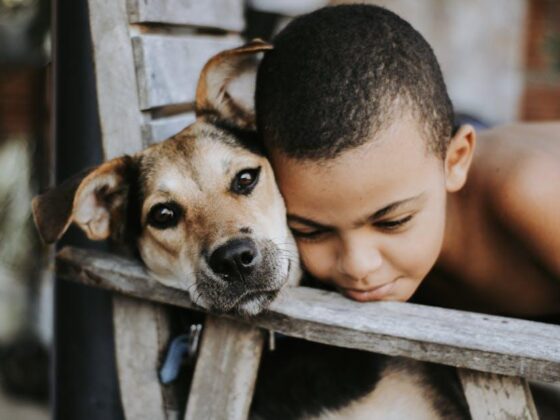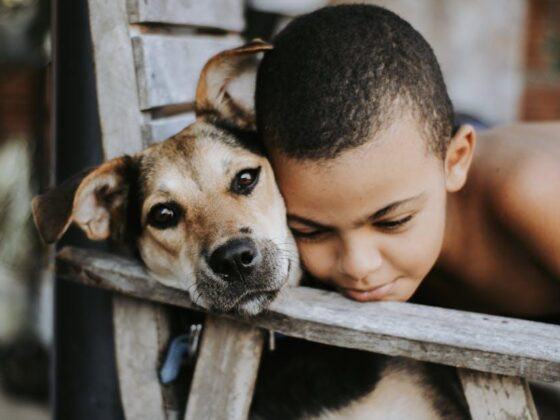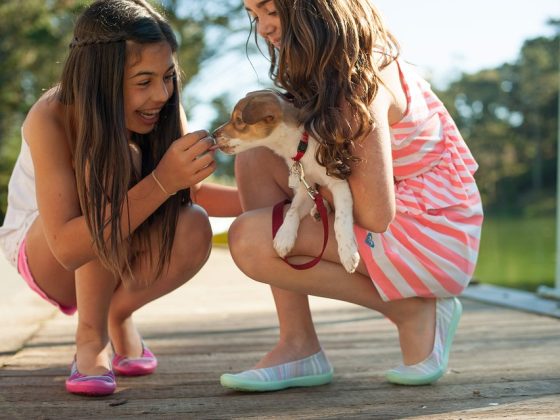Puppies are undoubtedly one of the most adorable creatures in the world. Their playful antics and boundless energy can bring joy and laughter to any household. However, caring for a puppy requires time, patience, and dedication. From proper nutrition to training and socialization, there are many aspects to consider when taking on the responsibility of a new furry friend. In this article, we will provide you with a complete guide to puppy care, including tips and tricks to help you raise a happy and healthy pup.
Nutrition
Proper nutrition is essential for the health and well-being of your puppy. It is important to feed your puppy a high-quality, balanced diet that is appropriate for their age, size, and breed. Consult with your veterinarian to determine the best type of food for your puppy, whether it be dry kibble, canned food, or raw diet.
It is also important to feed your puppy at regular intervals throughout the day. Puppies have high energy levels and fast metabolisms, so they need to eat multiple small meals a day to keep up with their growth and development. Avoid feeding your puppy table scraps or human food, as these can upset their stomach and lead to weight gain.
Training
Training is a crucial aspect of puppy care that should begin as soon as you bring your new furry friend home. Start with basic obedience training, such as teaching your puppy to sit, stay, and come when called. Use positive reinforcement techniques, such as treats and praise, to encourage good behavior.
Consistency is key when it comes to training your puppy. Set clear rules and boundaries from the start and be patient and persistent in reinforcing them. Stay calm and positive during training sessions, and remember that puppies are like children – they need time to learn and make mistakes.
Socialization
Socialization is another important aspect of puppy care that should not be overlooked. Exposing your puppy to different people, animals, and environments from a young age will help them develop into a well-adjusted and confident adult dog. Take your puppy for walks in the park, enroll them in puppy classes, and arrange playdates with other dogs to help them build positive social skills.
Grooming
Regular grooming is essential for the health and hygiene of your puppy. Brush your puppy's coat regularly to prevent matting and tangles, and trim their nails to prevent overgrowth and discomfort. Bathe your puppy as needed, using a gentle shampoo that is safe for their sensitive skin. Check your puppy's ears for signs of infection or irritation, and brush their teeth regularly to prevent dental issues.
Healthcare
Regular veterinary care is crucial for maintaining your puppy's health and well-being. Schedule regular check-ups with your veterinarian to monitor your puppy's growth and development, and keep up to date on vaccinations and preventative medications. Be on the lookout for signs of illness or discomfort in your puppy, such as lethargy, vomiting, diarrhea, or changes in appetite, and seek veterinary attention if necessary.
FAQs
Q: How often should I feed my puppy?
A: Puppies should be fed three to four small meals a day, depending on their age and breed. Consult with your veterinarian for specific feeding recommendations for your puppy.
Q: How do I potty train my puppy?
A: Potty training takes time and patience. Use positive reinforcement techniques, such as treats and praise, to reward your puppy for going potty outside. Take your puppy outside frequently, especially after meals, naps, and playtime, and be consistent in your training.
Q: When should I start training my puppy?
A: Training should begin as soon as you bring your puppy home. Start with basic obedience training, such as sit, stay, and come when called, and build on these skills as your puppy grows.
Q: How do I socialize my puppy?
A: Socialization should begin early and continue throughout your puppy's life. Expose your puppy to different people, animals, and environments in a positive and controlled manner to help them build confidence and social skills.
In conclusion, caring for a puppy requires time, patience, and dedication. From proper nutrition to training and socialization, there are many aspects to consider when raising a happy and healthy pup. By following the tips and tricks outlined in this guide, you can provide your puppy with the love and care they need to thrive.











